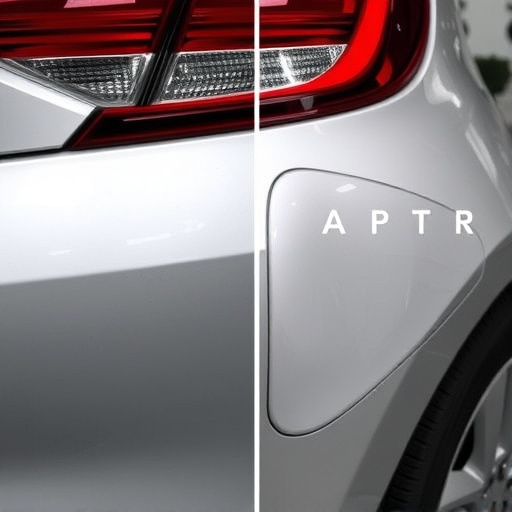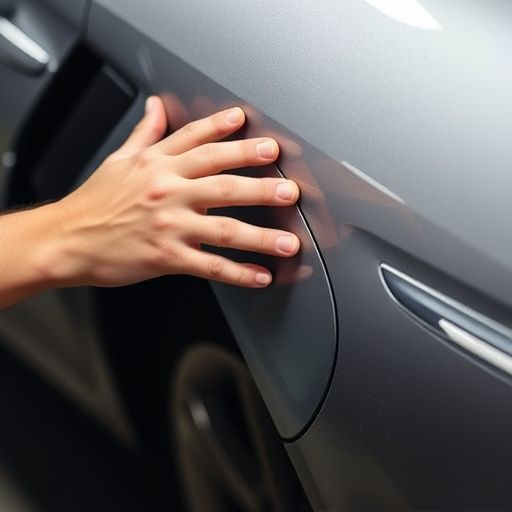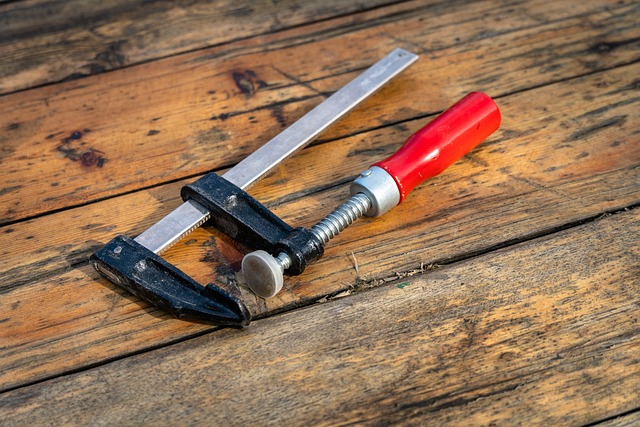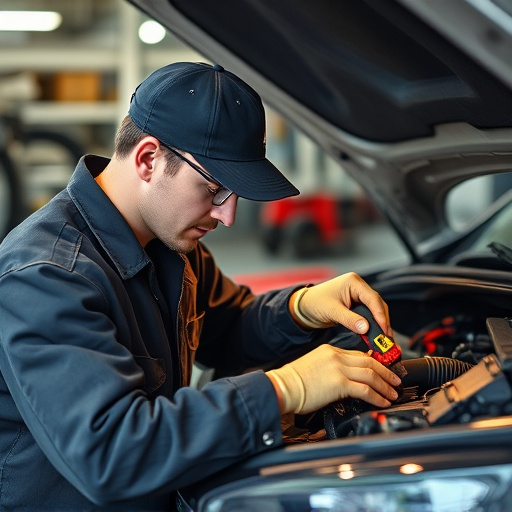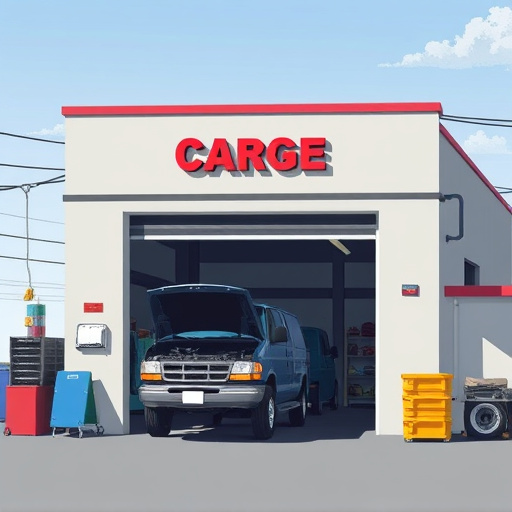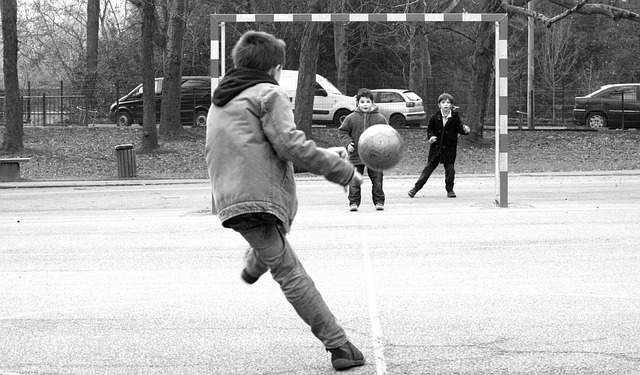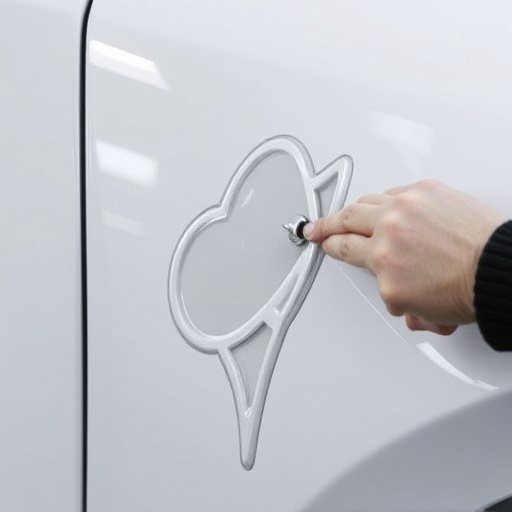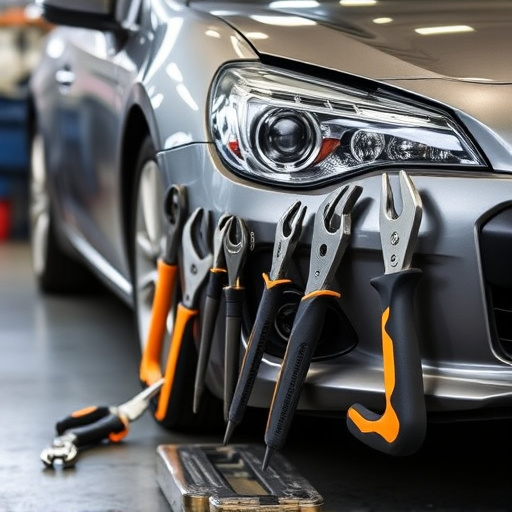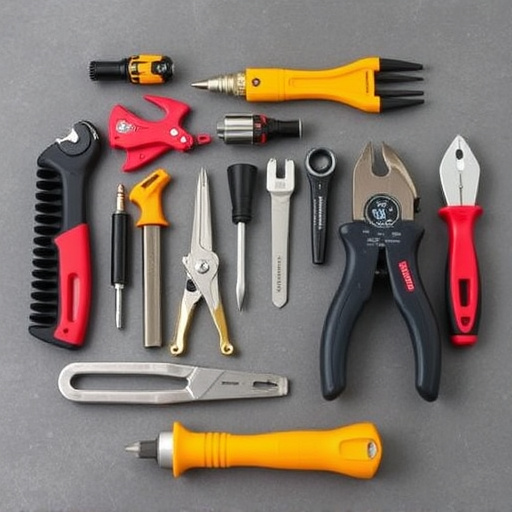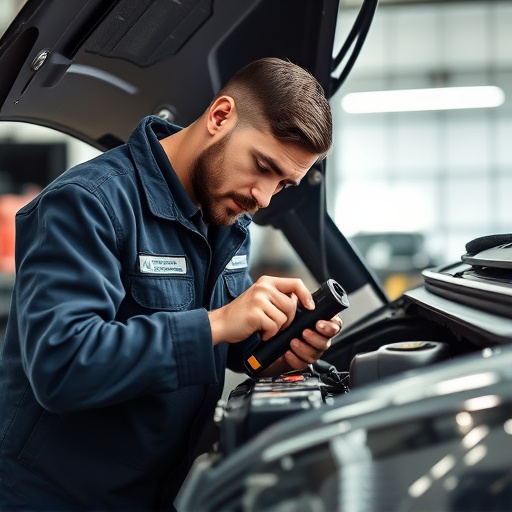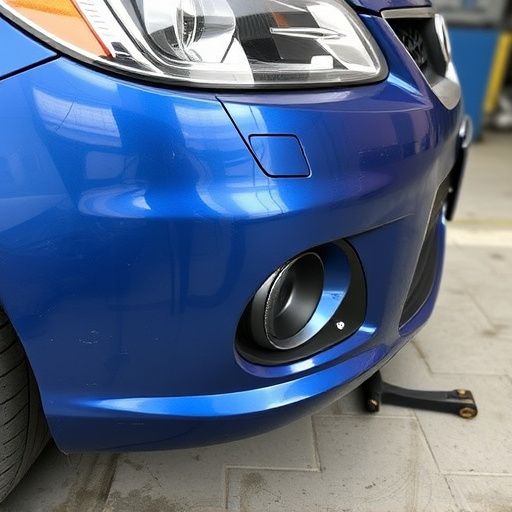Guaranteed collision repair facilities offer reliable car restoration services using high-quality parts and meticulous attention to detail, restoring vehicles to pre-accident condition or better. Robust Quality Control (QC) systems are crucial for maintaining these standards, ensuring every repair step aligns with established protocols through regular staff training. QC benefits include improved service quality, enhanced client trust, immediate error correction, and continuous improvement among technicians, ultimately providing precise, efficient, and durable repairs that bolster the facility's reputation in the industry.
In the realm of automotive servicing, guaranteed collision repair stands as a beacon of quality and reliability. This article explores the intricate world of quality control systems within collision repair facilities, delving into how these structures uphold the promises of expert repairs. From understanding consumer expectations to implementing best practices and highlighting the far-reaching benefits, we navigate the essential role of quality control in fostering excellence within guaranteed collision repair services.
- Understanding Guaranteed Collision Repair: The Promise and Expectations
- Implementing Effective Quality Control Systems: Best Practices for Collision Centers
- Benefits and Impact: Ensuring Excellence through Quality Control in Collision Repair Facilities
Understanding Guaranteed Collision Repair: The Promise and Expectations

Guaranteed collision repair facilities offer a promising solution for vehicle owners seeking top-notch automotive collision repair and vehicle restoration services. This type of service is built on a foundation of trust, assuring clients that their vehicles will be restored to pre-accident condition or even beyond. The promise of guaranteed collision repair includes not just the physical restoration of the vehicle but also the peace of mind that comes with knowing every repair is performed with meticulous attention to detail and using only high-quality parts.
When a vehicle experiences a collision, it’s more than just a physical damage issue; it can trigger concerns about safety, efficiency, and aesthetics. Guaranteed collision repair facilities step in to address these concerns by providing comprehensive solutions. Their skilled technicians are equipped to handle various types of vehicle repair, from minor dents and scratches to complex structural repairs. This ensures not only the aesthetic restoration of the vehicle but also its optimal performance and safety features.
Implementing Effective Quality Control Systems: Best Practices for Collision Centers

Implementing effective quality control systems (QCS) is a cornerstone for guaranteed collision repair facilities aiming to deliver top-notch car body restoration and automotive restoration services. These systems serve as a quality checklist, ensuring every repair step adheres to set standards and specifications. Best practices for collision centers involve establishing clear, detailed protocols for each stage of the repair process, from initial assessment to final inspection.
Regular training sessions for staff on these QCS procedures are essential. This ensures consistency in applying best practices, fostering a culture committed to precision and excellence in car body repair. Continuous evaluation and refinement of the system based on feedback and industry trends further strengthens the collision center’s ability to provide reliable, guaranteed collision repair services.
Benefits and Impact: Ensuring Excellence through Quality Control in Collision Repair Facilities

In the realm of guaranteed collision repair, implementing robust Quality Control (QC) systems is not merely a best practice but an imperative for maintaining excellence and customer satisfaction. These systems serve as a crucial checkpoint, ensuring that every vehicle dent repair and auto body repairs meet the highest standards set by the facility. The benefits are multifaceted: from enhancing the overall quality of automotive repair services to fostering trust and loyalty among clients. By meticulously inspecting each repair, QC processes identify any deviations from the plan, allowing for immediate corrections and improvements.
Moreover, effective QC systems contribute to a culture of continuous improvement within collision repair facilities. They enable technicians to refine their skills, stay updated with industry standards, and adapt to new technologies in auto body repairs. As a result, clients benefit from more precise, efficient, and durable vehicle dent repair solutions, ultimately enhancing the reputation and performance of the facility as a whole.
Guaranteed collision repair facilities that prioritize quality control systems reap significant benefits, ensuring customer satisfaction and maintaining their reputation. By implementing best practices as discussed, collision centers can deliver exceptional service, meet high expectations, and stand out in a competitive market. Investing in robust quality control is key to thriving in the industry and fostering long-term client relationships.
